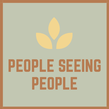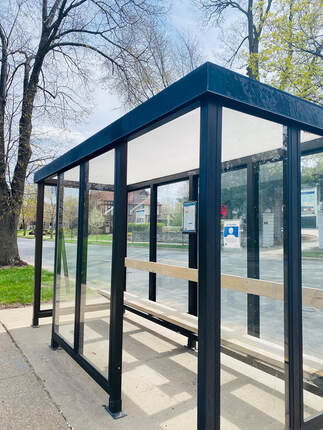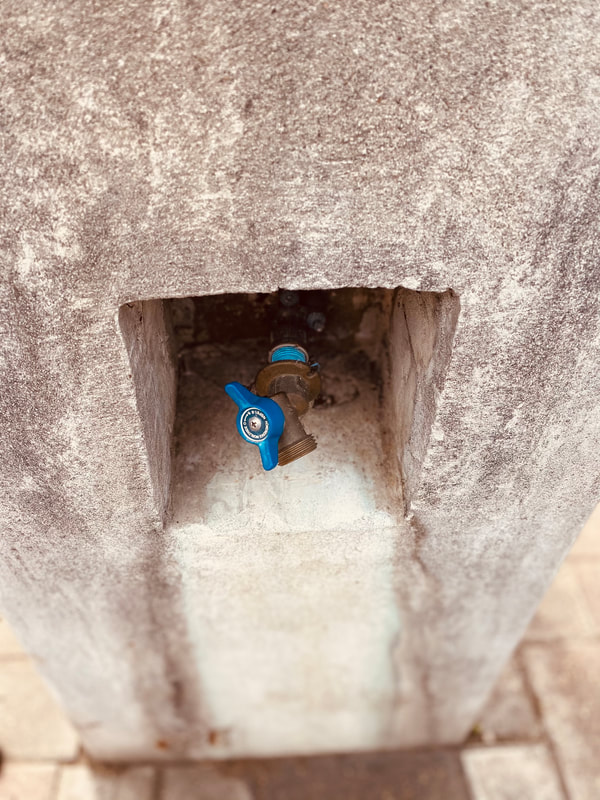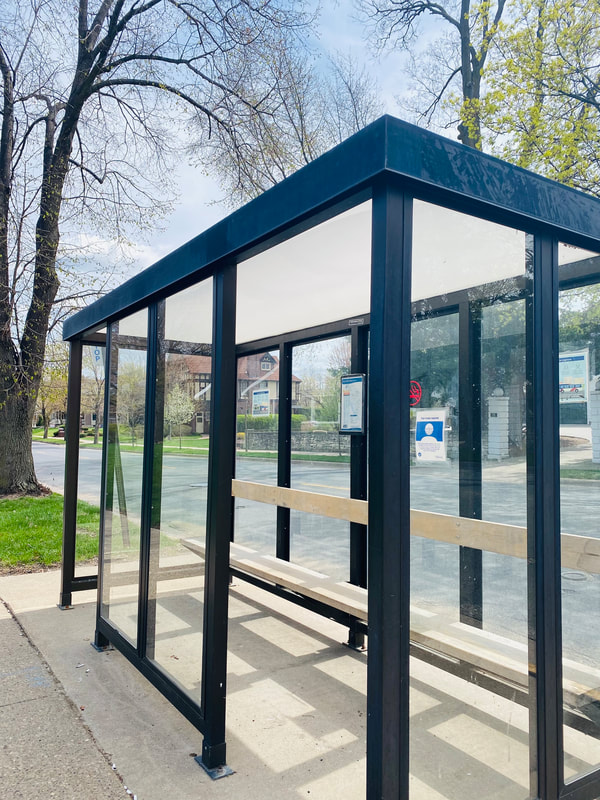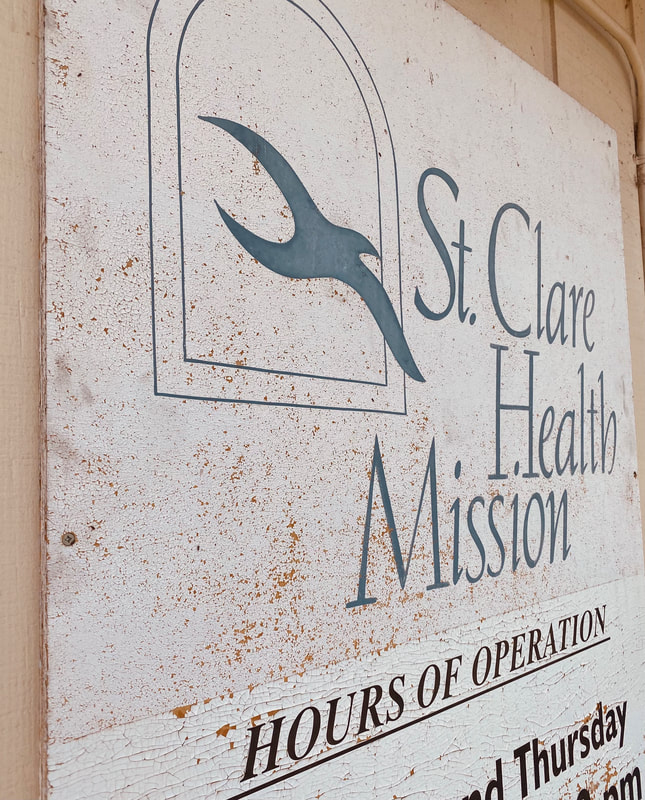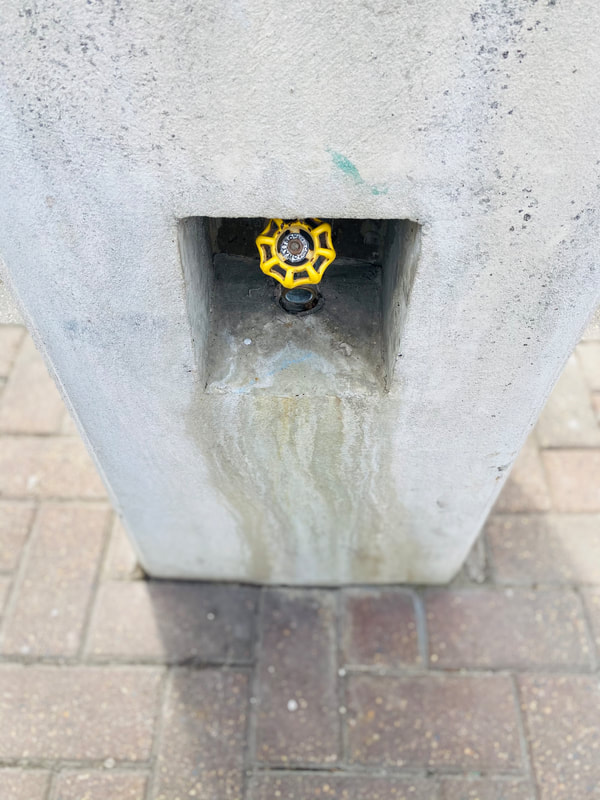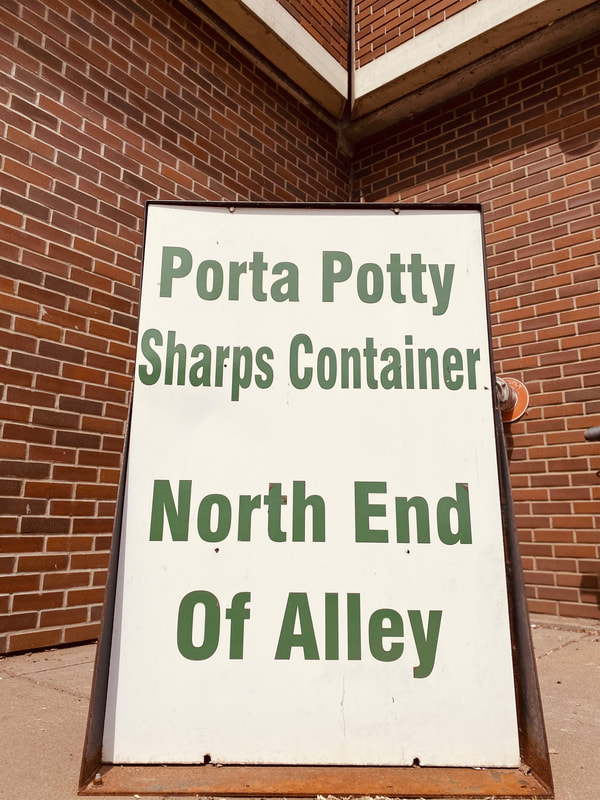|
Sneak Peak: Slowly walking down the sidewalk and talking with a friend, you stumble and abruptly fall to the pavement catching yourself with your hands. Face down on the concrete, you examine the severity of the deep abrasions on your knuckles and the throbbing pain in your left ankle. You start to wonder if your fall might require medical attention. How will you access the medical attention you need? Audio: Fade in Hallelujah by Guitar Mark Introduction Welcome to our podcast, Where People See People. I’m Gracie Quinn and I’m Charlotte Roberts. As a reminder, each month we will produce a podcast on a teachable topic. Today follows a topic, the exclusivity of health care in both La Crosse and the United States. In this podcast, we will explore the contextualization, access and affordability, stepping stones, and ways to move forward when considering the complexities of health care. Audio: sound effects of rain Overview and Context Slowly walking down the sidewalk and talking with a friend, you stumble and abruptly fall to the pavement catching yourself with your hands. Face down on the concrete, you examine the severity of the deep abrasions on your knuckles and the throbbing pain in your left ankle. You start to wonder if your fall might require medical attention. How will you access the medical attention you need? Will you need transportation? Do you have a phone, primary care physician, medical insurance, and the financial means to pay for the treatment? These questions cross the minds of many individuals when they evaluate how to refill prescriptions, schedule routine appointments, follow up appointments, and visit a health care clinic for other medical needs. For those experiencing homelessness and contemplating how to find their next meal, a place to rest, somewhere to use the restroom, and fresh water, navigating the healthcare system often represents a complex labyrinth of dead ends. In our local community, finding the closest public restroom remains challenging for those experiencing homelessness and the city turns off water at the city parks to discourage the use of water by those experiencing homelessness. When access to a restroom and fresh water present daily challenges, how does one even begin to navigate the healthcare system? With those experiencing homelessness representing one of our most vulnerable populations, we must consider the complexities of healthcare with regard to access, affordability, and other challenges. Audio: sound effects of feet on pavement Access and Affordability With just over 6,000 hospitals in the United States, a shortage of healthcare for Americans should not exist, yet many Americans face a multitude of obstacles related to access and affordability. The majority of uninsured people in the United States identify as low income, non-white persons, and reside disproportionately in the South. A large percentage of uninsured individuals, who are of age to hold insurance, hold less than a high school degree (AHA, 2021). These individuals can visit certain locations in order to see a doctor without insurance. Some of these types of places include: community health clinics, walk-in clinics, direct care providers, hospital emergency rooms, and urgent care centers. Whereas, several options exist for individuals who remain uninsured, an initial visit can cost between $70-$250. This does not include follow up visits, medications, X-rays, MRIs, cat scans, or other medical attention. For an uninsured individual, a typical MRI costs $2,600 (AHA, 2021). In a study published in the International Journal for Equity and Health, research concluded the healthcare system is built for middle class Americans. Individuals identifying as homeless, vulnerable, and/or uninsured reported that obtaining care presented multiple layers of obstacles due to the middle class setup of the system (Purkey & MacKenzie, 2019). For those experiencing homelessness, cost represents one of many complex factors in order to receive equitable health care. Follow-up appointments represent an additional challenge when individuals need access to a clock, calendar, or transportation to travel to and from appointments. In addition to the aforementioned challenges, accessibility to these options remains limited based on your geographic location. In larger cities, more options exist for those who represent the uninsured. In smaller cities, health care options remain limited. In the La Crosse area specifically, the St. Clare Health Mission serves as one of the only free options for health care services. St. Clare Health Mission depends on volunteers and only operates twice a week from five pm to seven pm on Tuesdays and Thursdays. Access and affordability for those who represent the uninsured, more specifically those experiencing homelessness while uninsured remain extremely limited. Audio: sound effects of coins hitting together
Stepping Stones Access and affordability present two major obstacles for uninsured individuals and those barriers remain embedded in even more factors that complicate the system. For those experiencing homelessness and living without medical insurance, we must question if these individuals have children, work jobs, own a vehicle, have access to a phone or the internet, and numerous other stepping stones. Many people might not realize some people experiencing homelessness work jobs. For those experiencing homelessness and working, taking off work provides additional layers of complexity. One must consider if taking off work for any reason provides grounds for termination of employment, the financial repercussions, and whether or not medical attention takes precedence over the consequences. Continuing in this frame of reference, if an individual experiencing homelessness works and has children, access to medical care creates even more strain and complications. Other circumstances to consider revolve around transportation. For example, due to the pandemic, bus fares in La Crosse remain nonexistent through the end of April, at which time bus fares will once again require payment. Bus routes require fees, and follow specific time schedules and routes which can further complicate coordinating medical appointments. What if we start to think about the weather? Rain? Snow? Freezing temperatures? When an individual resides outdoors, inclement weather might damage potential paperwork related to medical conditions and appointments, and keeping that paperwork safe provides even more challenges. What about access to a birth certificate, social security card, identification card, or insurance card? The list of concerns and challenges continues and the stepping stones to high quality and equitable health care turn into stumbling blocks for those experiencing homelessness and without medical insurance in the La Crosse community and nationwide. Audio: sound effects of bicycle tires, bus wheels Moving Forward Together With all of these challenges and barriers to high quality and equitable health care, it remains easy to feel discouraged. We must begin to think creatively, innovatively, and work together to support those experiencing homelessness and without medical insurance. Together we can volunteer in our communities, advocate for those in need, and seek legislative change to transform our healthcare system. Ask yourself, do you have time to volunteer at St. Clare Health Mission or another local organization providing health care? Many providers depend on the support from volunteers in order to serve those in need of services. In addition to volunteering, consider avenues for advocacy. The need for health care services for those experiencing homelessness extends beyond what the private sector can provide; therefore, advocating for increased public funding concerning this issue remains vital to the wellbeing of this vulnerable population. Shelter represents a universal basic need for all humans and in many areas, La Crosse included, basic shelter remains scarce. Without basic shelter, we must continue to ponder the current state of one’s health, the potential decline, and the challenges one faces with regard to access, affordability, and other stepping stones that continue to limit high quality equitable health care. Legislative measures that continue to protect the healthcare system rather than the individual must end. In order to support individuals experiencing homelessness with equitable health care, we must write and vote on legislation that supports trauma-informed care, flexible options for individuals, easy access to health care, and increased options for affordable health care. Our current standardized healthcare system and those who remain disproportionately disadvantaged by the system, or specifically discussed in this podcast those experiencing homelessness, need our support. Volunteer. Advocate. Legislate. Audio: sound effects of gavels Closing: Thank you for tuning into this month’s podcast by People Seeing People. I’m Gracie Quinn and I’m Charlotte Roberts. The place where people see people. Audio: Fade out Hallelujah by Guitar Mark Additional Resources: National Health Care for the Homeless Council U.S. Hospitals Experience of Healthcare How to See a Doctor St. Clare Health Mission
0 Comments
Leave a Reply. |
|
